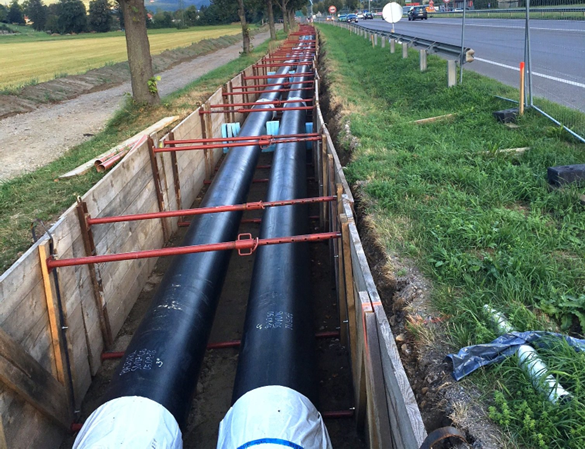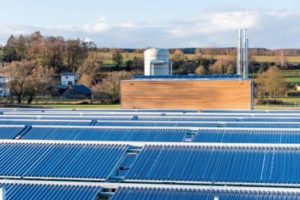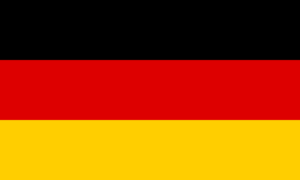Support for 90 Heat Network 4.0 feasibility studies
October 2, 2019
On 1 July 2017, the German economy ministry began its support for feasibility studies on climate-friendly heat networks and their subsequent construction. At the time of writing, BAFA, the government agency managing the Heat Network 4.0 programme, said it had approved 90 studies and the implementation of three systems, while the tentative allocation of subsidies to another two proposals could bring even more projects to fruition. The deadline for submitting applications is 31 December 2020.
Photo: Bioenergie Wärmeservice
Heat Networks 4.0 aim at promoting the construction of fourth-generation heat networks to supply residential and non-residential buildings, as well as industrial facilities, with renewable low-temperature heat at up to 95 °C. Applying for the incentive is well worth the effort, considering it can cover up to 60 % of the cost of a feasibility study, with support capped at EUR 600,000, or 20 to 50 % of the investment costs, up to a maximum of EUR 15 million. The incentive is calculated based on the price of the entire system, including the heat generators, storage tanks as well as piping and connections to the heating centre (for more information, please see the database of incentive programmes).
Renewables must supply half the heat
Projects must fulfil certain requirements. At least half the heat injected into the grid must come from renewables. This represents a great opportunity for solar district heating systems, since the proportion of liquid, solid or gaseous biomass must not exceed 25 % of the total. To meet peak loads, fossil fuels can contribute up to 10 % to total heat production, unless those fuels are used in CHP plants, in which case the limit does not apply. A standard component of every fourth-gen heat network is seasonal storage, unless this type of storage is not economically feasible under a given set of conditions.
Support is given in two ways: First, a feasibility study must show that a new or an upgraded heat network can be operated successfully and fulfil the requirements set out in the funding guidelines. Only then can a proposal for a construction grant be submitted. At the time of writing, three projects have been approved for funding. One of them is a system planned by e.distherm Wärmedienstleistungen, based in Schönefeld near Berlin, while another will be carried out by FPE Flowerpower Energy, based in Schwielowsee in the state of Brandenburg. The third application was submitted by the local utility company in Wangen, near Lake Constance in the south of Germany.
All three projects became eligible for funding because they fulfilled the following requirements: Heat will be supplied to at least 100 consumers with a minimum of 3 GWh a year, while not exceeding a gross end customer price of 0.12 EUR/kWh.
Smaller systems, such as neighbourhood installations, are also eligible for funding if connected to 20 residential units in two buildings or more, to ensure that a project includes at least three particularly innovative components.
Organisations mentioned in this article:


